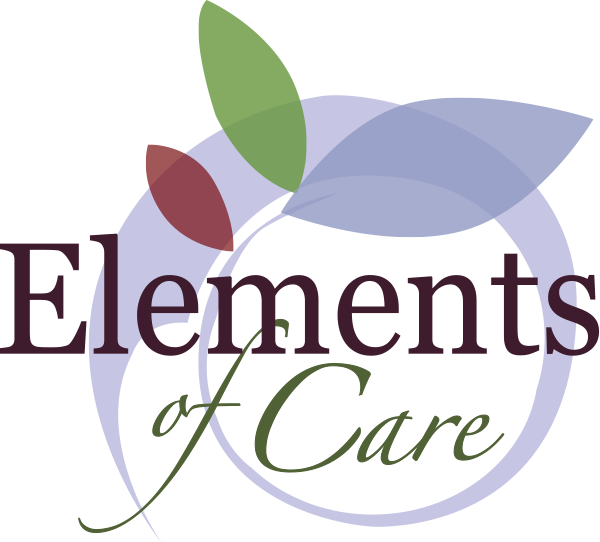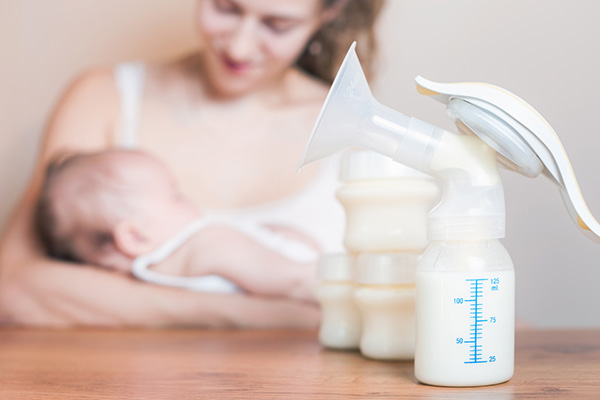By Nancy Mohrbacher, IBCLC, Lactation Consultant, Ameda Products
Co-author of Breastfeeding Made Simple and The Breastfeeding Answer Book
Before and after birth, many mothers may have questions about breastfeeding. Here are answers to some common questions.
Why Should I consider breastfeeding?
Your baby is born expecting to receive what is in your milk. Of course, your milk is a great food for your baby. But it is far more. Unlike other options, your milk contains live cells that engulf germs to help prevent illness. Some of these live cells stay active in your baby’s body for years, helping to keep her healthy long after weaning. Still other parts of your milk help to activate your baby’s immune system. We are only now starting to understand the many roles mother’s milk plays in your baby’s lifelong health.
Research has found that some babies who miss out on mother’s milk tend to have poorer health outcomes. That’s why experts such as the World Health Organization and the American Academy of Pediatrics recommend exclusive breastfeeding for the first six months. After six months, they recommend continued breastfeeding for at least one to two years, with solid foods added.
Mothers’ health may also be affected by breastfeeding. Mothers who do not breastfeed may have a higher risk of breast, ovarian, and uterine cancers. They may also have a higher risk of developing Type II diabetes. And then there’s your financial health. Formula feeding can cost a family about $1000-$2000 during baby’s first year.
Breastfeeding is also part of your relationship with your baby. It calms and comforts your baby. It is one way of bringing you and your baby closer.
Does my breast size matter?
No. Fatty tissue determines breast size and this has no effect on milk making. Women have breastfed twins, triplets, even quads!
Will breastfeeding be bad for my figure?
The changes in your figure happen mainly due to pregnancy. Your breasts may be larger while breastfeeding. They will likely return to their usual size after you wean. Also, breastfeeding may help you get back into shape faster.
How do I know if breastfeeding will work for me?
To put the odds in your favor, learn about breastfeeding. When you know how to breastfeed comfortably and how milk supply works, it tends to go more smoothly. Also, see the next question.
Where can I learn about breastfeeding?
A great way to learn about breastfeeding is from other mothers. Go online to www.lalecheleague.org to find mothers’ groups that meet in your area. There you can learn while you watch mothers and babies breastfeed. Books and classes are good but nothing beats seeing it in action. Read the breast feeding articles on ameda.com. The following are some recommended books for parents:
Breastfeeding Made Simple and the Womanly Art of Breastfeeding
Also, attend breastfeeding classes.
Will breastfeeding hurt?
Ideally, it should not.
How do I know how much milk my baby is getting?
That’s easy. What goes in must come out! From day to day you can tell that your baby is getting plenty of milk from her wet diapers and stools. A healthy weight gain also tells you for sure that you have abundant milk. Generally, you should not need to know exactly how many ounces your baby takes. You only need to know that your baby is thriving. This can simplify life with a newborn.
What if I don’t want to breastfeed in public?
You don’t have to if you don’t want to. There are lots of private places to breastfeed, such as fitting rooms and ladies’ lounges. But most women find that with a little practice they can breastfeed with ease anywhere.
Do I need to watch what I eat and drink?
No. There are no foods you must eat or avoid. Be moderate. You can eat chocolate, spicy foods, onions, garlic, broccoli, cabbage.
And you don’t have to have a perfect diet. Nature provides milk for the baby first by tapping your body stores. Just eat to hunger and drink to thirst. You can even have caffeine, the amount you might get in one or two cups of coffee. For more, see the Ameda answer sheet “Diet and Breastfeeding.”
If I breastfeed, will my partner feel left out?
The birth of a baby brings many changes. No matter how a baby is fed, strong feelings can surface. But today, dads tend to be more active in baby care and parenting. If you breastfeed, your baby’s father can be an active parent. When you are out, he can give pumped mother’s milk. In some families, dad stays home with baby while mother works outside the home. In this case, mothers can breastfeed while home and pump their milk while away.
I’m going back to work within weeks after birth. Should I even start breastfeeding?
Yes. Some breastfeeding is nearly always better than none. And breastfeeding does not have to be all or nothing. When you go back to work, you have many choices:
- Full breastfeeding – Keep your baby with you or have your baby brought to you for feedings.
- Pump milk at work for all missed feedings.
- Give some pumped milk and some formula while you’re away.
- Give formula while away and breastfeed when together.
What if I’m not able to breastfeed? What if I do not feel breastfeeding is right for me?
The decision to breast or formula feed is a personal decision based on your lifestyle, comfort, and medical situation. Breastfeeding may not be possible for all women. If this describes your situation, infant formula is a healthy alternative. Infant formula provides the nutrients your baby needs for proper growth and development. Feeding, no matter how, is a wonderful time to strengthen your bond with your baby.




